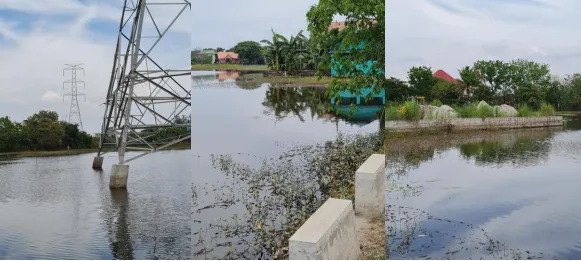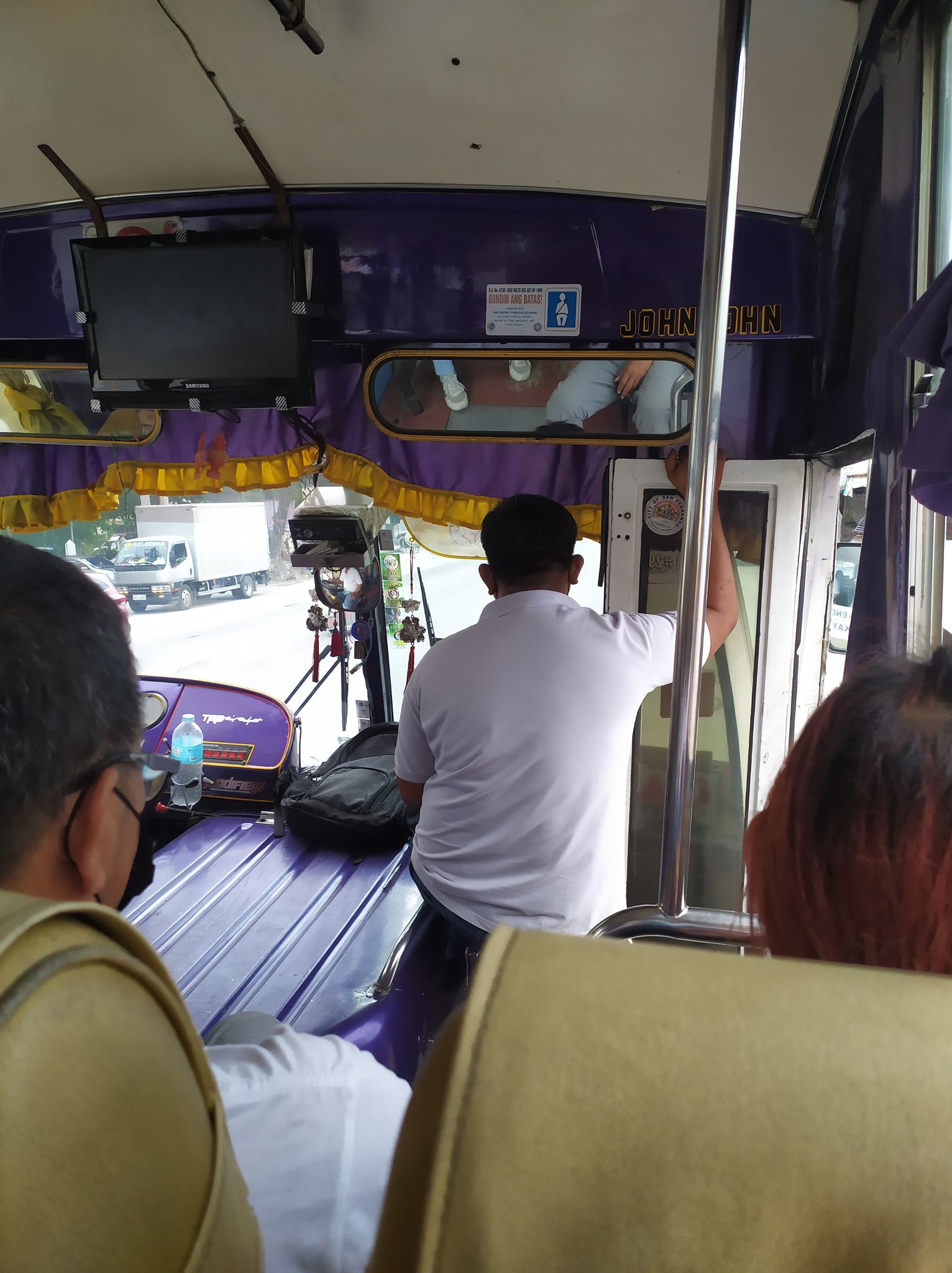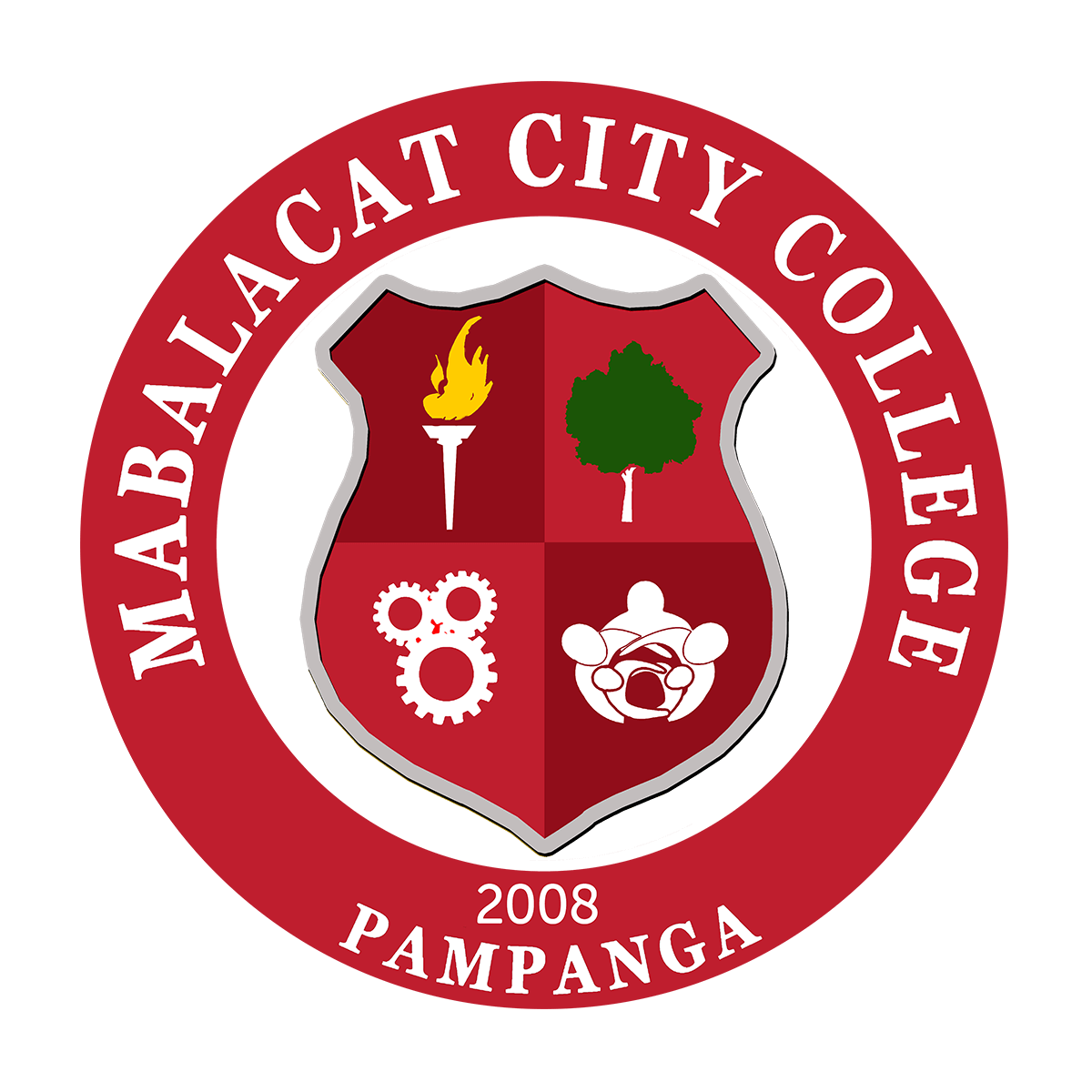Masantol is a second-class municipality in the province of Pampanga with the majority of the town lying in the lowland. The town is situated in the delta of the lower Pampanga river and has Manila Bay in the south. Because of this, Masantol is known to be easily vulnerable to flooding.
The Climate Change Commission together with the Department of Finance has prepared the first technical report of the case study of the reported flooding in Masantol.
Department of Science and Technology (DOST), Department of Environment and Natural Resources thru their Municipal counterpart, Department of Interior and Local Government (DILG), Masantol local government concerned offices, State Universities, and Local Colleges from Region 3, were invited for a Focus Group Discussion (FGD) last 12 April 2022, to give their inputs and recommendation to their findings embodied in the technical report.
In this write-up, I just wish to share some thoughts derived from listening to the presentations, inputs from other agencies, and personal assessment of the place itself.
Coming to Masantol the first time with Mabalacat as my point of origin, the first thing I told Allen, the much-valued MCC employee and navigator of the transport service vehicle, was that, “Malayu-layu din pala ito… parang dulo na yata ito ng Pampanga.” Finally reaching Masantol, I was excited to look out for vendors of shrimp and crabs because I used to hear in my childhood that seafood is abundant and cheap in this area of Pampanga. Sadly, I did not see any except that one vendor was selling bangus (milkfish) beside a river. As we were approaching the plaza, I noticed that there was water on the right which I later knew is the Pampanga River, and there was water as well on the left that looked like already a shore of Manila Bay. And in between these bodies of water is the main road with houses left and right submerged in water. A feeling of sympathy would naturally be felt for the people affected. But quite reflectively, I remarked to Allen, “mas nauna naman kasi ang katubigan dito (referring to the river and ocean) kaysa sa mga bahay di ba?” as if I was expecting a no for an answer. But truly indeed, nature embodied in these water resources was there first before these man-made structures were constructed.
But how can I say such a thing to the people in the FGD, especially to those coming from the LGU who are most likely to be residents of the town? A more politically correct way of saying must be framed so that corresponding albeit more drastic plans may be explored.
FGDs conducted prior to this one identified causes of worsening flooding to be as follows: (a) Land Subsidence – which refers to excessive groundwater extraction that has remained unregulated; (b) Improper solid waste management; (c) Pampanga river sedimentation; (d) Angat Dam water release; (e) Flooding from tidal action (an increase of tide in Manila Bay). Climate change was not specifically cited from the previous FGD but its effects were mentioned especially if no adaptation measures from the municipality are being implemented.
Planned solutions culled from the previous FGDs were then presented and were categorized as follows: (a) Engineering and Development Solutions; (b)
Environmental Solutions; (c) Agricultural Solution; and (d) Financial Solution.
Looking at this range of the presented set of solutions, it could be said that they are all essential. But are they really hitting the rock bottom of the matter? I am not an expert in this field but my nature sense tells me that nature should take its own course. Any interference running contrary to the natural course will undesirably but inevitably lead to damaging impacts on human life. It seems that the planned solutions are premised on a continuing intent to build houses and structures, and maintain a residential purpose around a water place that is expected to be flooded every time. It is not surprising if more complicated problems will arise in the near future.
Meanwhile, during the open forum, an official from another agency explained the importance of proper solid waste management. Of course, all points were valid. Immediately after that, however, the heads of the local government’s offices concerned requested to speak. They had spoken identifying and explaining one by one all the efforts that they have been doing. At this point, I got the impression that these gentlemen started feeling like they had to defend themselves thus they started enumerating one by one all the efforts that they have doing.
And so when it was my turn to speak, I started by commending first the efforts put in by these gentlemen by affirming the cleanliness of river streams that I actually saw on my way to the venue. The difference can be clearly differentiated from streams of water in other towns where waste is simply dumped in the river. Keeping these rivers clean is a strong indication that their efforts in waste management are working. Then I noticed the “defensive” stance of these gentlemen disappearing as I saw their faces now becoming more relaxed and smiling.
Then I continued, “While these efforts are working well as far as keeping our rivers clean which is so essential, there is a challenge confronting us that is definitely a major challenge that has resulted in certain consequences that keep plaguing the municipality for decades now. Because of the magnanimous nature of these problems, therefore, I opined that much more drastic, strategic, and responsive measures may need to be planned out.
A tourism scenario as earlier suggested by one of the invitees by adopting what is being done in Vietnam through floating restaurants & floating farms deserves attention. Highly systematic and collaborative planning is only needed to carry this out.
In pursuing this, profiling of people has to be done as a preliminary step. It was narrated that with some groups of farmers that I talked to in the past, I learned that most of their children had pursued fields like engineering, architecture, Information Technology, or other such fields other than agri-related. For most of them, the young generation has been veering away from farming and fishing. This is complementing reports obtained from local fisher folks who said that “dati yumaman ako dahil sa mga fish pond. Ngayon, naghirap ako dahil sa mga fish pond.” An earlier report indicated that an area that is rich in water is very conducive to farming. Yet, current data reported that farmland in Masantol is already almost nil.
In furthering the importance of profiling, I pointed out that those who would really see their life in fishing and farming, could stay and would constitute the scheme of making this place an aqua-tourism haven.
Other than this, a parallel strategy has to be seriously and systematically considered. If the place is really considered delta, relocation must be re-considered. If the place is naturally a part of a waterscape, why insist on keeping it residential?
Relocation definitely will entail a huge cost. But it is high time that this drastic measure is considered having experienced that measures taken for the longest time have not been leading the community to a permanent solution. Such measures for decades now, year in and year out, have entailed costs as well. But time and again, we have seen how insufficient these measures have been and health hazards, as well as livelihood deterioration as documented, is just getting worse. “The worst may have yet to come.”
And should relocation plans prosper, it is imperative that a sense of community be established. People cannot simply be uprooted. When they are relocated, the different crucial areas of community life have to be developed, a quality of life that will cut across physical, economic, educational, social, spiritual, and environmental aspects, and a total environment that will foster a healthy, balanced, and sustainable way of community living.





_1658307012.jpg)

